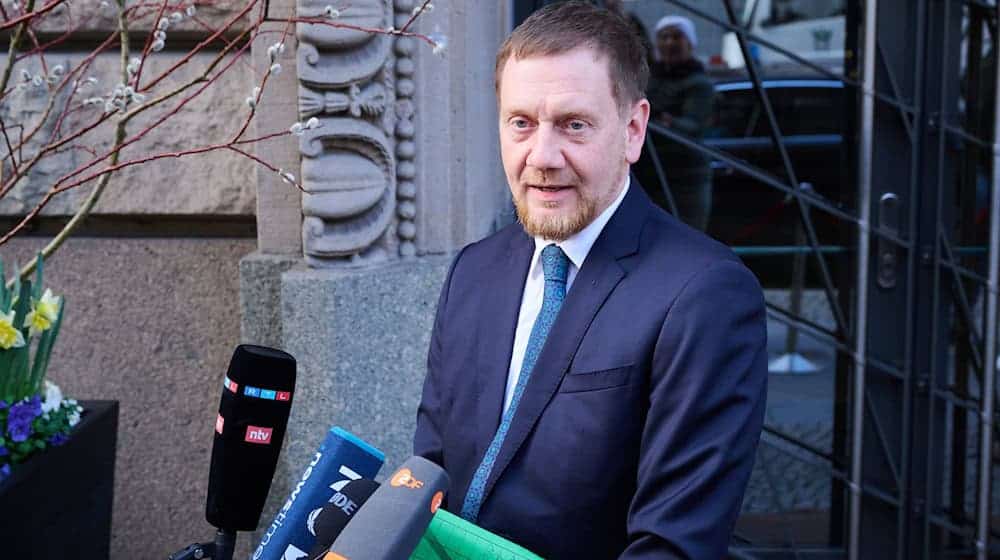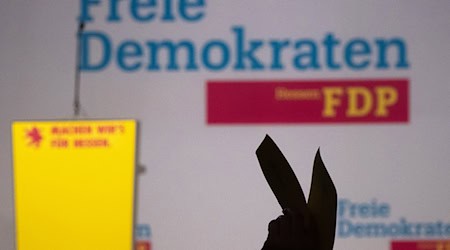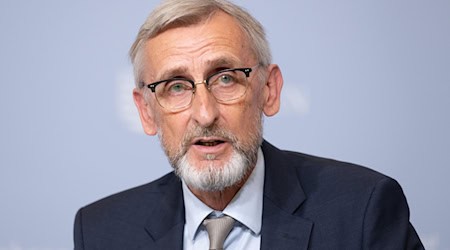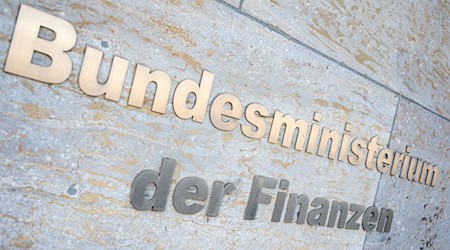Saxony's Minister President Michael Kretschmer believes that eastern Germany is well represented in the coalition agreement between the CDU/CSU and SPD. "We have great backing, a great common understanding that we want a second upswing in the east," said Kretschmer on the sidelines of a trip to Cairo.
The new states still have their own issues, such as the expansion of infrastructure towards Poland and the Czech Republic, which has been neglected for 35 years. In terms of economic policy, many things were to be done differently, especially in the financial sector, which would ensure growth in the east. Kretschmer also announced "clever instruments" for attracting foreign skilled workers to the new federal states, where demographic trends are difficult.
"Policy change" with new government
The Prime Minister described the coalition agreement as a turning point. "This new government is ushering in a change of policy." Migration figures would be reduced. It was also agreed that energy prices would have to fall and that the country needed economic growth.
"The pressing issues will be tackled," said Social Affairs Minister Petra Köpping (SPD), who was also convinced by the outcome of the negotiations. The focus will be on the working middle class. Important issues for Saxony and the East include raising the minimum wage to 15 euros from 2026, free school and daycare lunches for more children and stabilizing pension levels.
Economics Minister Dirk Panter (SPD) emphasized the planned industrial electricity price: "For Saxony with its energy-intensive industry, this is a big step towards planning security and competitiveness."
A good six weeks after the federal elections, the CDU, CSU and SPD agreed on a coalition agreement for the formation of a new federal government. Kretschmer and Köpping were involved in the negotiations in Berlin.
Copyright 2025, dpa (www.dpa.de). All rights reserved










